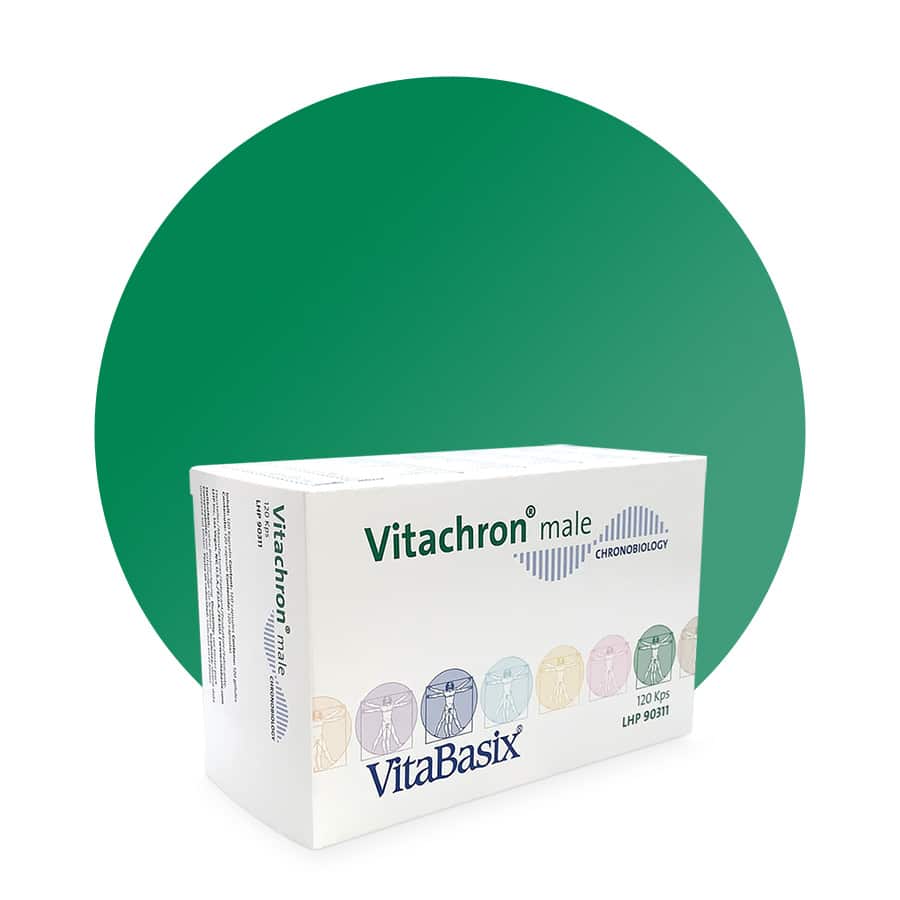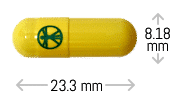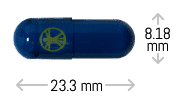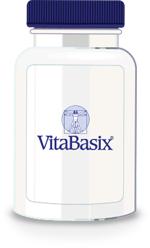Vitamins are the basic elements of life. They are essential for health because the human body simply could not function without them. Together with minerals, vitamins are involved in most chemical reactions that take place in the body. Vitamin and mineral deficiencies are often the cause of many symptoms and ailments. Certain micronutrient deficiencies can build up unnoticed over years.
Vitamins and minerals are called biocatalysts. The same is generally true of enzymes, co-enzymes, amino acids, plant fatty acids, phytochemicals and other vital food components, while the many phytonutrients (nutrients derived from plants) can mimic the effect of various messenger substances, albeit often in a weakened form.
People can benefit from eating foods with the nutrients that provide particularly highly active vital substances through their daily diet.
These include:
Enzymes: Only enzymes can break down our food into its smallest components so that they can be transported through the intestinal wall. Plant foods ingeniously often already contain exactly the types of enzymes needed for the plant to be utilised as food.
Vitamins and pre-vitamins: These are mainly plant compounds that are essential for organ function in humans.
Largely unknown to the public are very special phytochemicals called adaptogens. Adaptogens can help support the immune system and the neurotransmitter balance, for example to promote appropriate nerve communication or to help the body adapt better to external stress factors.
Largely unknown to the public are very special phytochemicals called adaptogens. Adaptogens can help support the immune system and the neurotransmitter balance, for example to promote appropriate nerve communication or to help the body adapt better to external stress factors.
Natural carotenoids: They form a large group of plant pigments. Beta-carotene is a representative of this group. It is the yellow-orange to dark green pigment found in fruits like peaches, apricots and mangoes and in vegetables like carrots, spinach and lettuce.
Among all plant extracts, lycopene is perhaps the most important agent with potent cell protection. It is found in high concentrations in both tomatoes and rose hips.
Inositol is found in grains, nuts, seeds, legumes, fruits and vegetables, among others. It can support the effectiveness of the body’s own neurotransmitters such as the “happiness hormone” serotonin.
As a co-enzyme, PABA (vitamin B10) can support the functions of folic acid and pantothenic acid, a stress regulator. It is found in yeast, offal, chicken eggs and cow’s milk, among other things.
Muira puama root is a sandalwood tree with drupes. Extracts from muira puama can promote normal testosterone levels while supporting sexual desire.
Sarsaparilla root: Thanks to the saponins contained in the extract, Smilax officinalis can regulate the energy level in the cells and support any blood purification.
Ginger root was originally praised for its relaxing effect, but it can also act as an aphrodisiac. Ginger can also be helpful for a normal immune system.
Ginseng root: The extract of this root is rich in saponins and ginsenosides, which have a balancing and harmonising effect on the body. Ginseng can additionally contribute to the eventual normalisation of testosterone levels.
Vitamins A, B1, B2, B6, B12, folic acid, niacinamide, pantothenic acid (vitamin B5), biotin (vitamin H), C, D3, E and K1 are also essential micronutrients for the male organism. These are mainly found in fruits and vegetables.







 Chronobrands
Chronobrands




Reviews
There are no reviews yet.